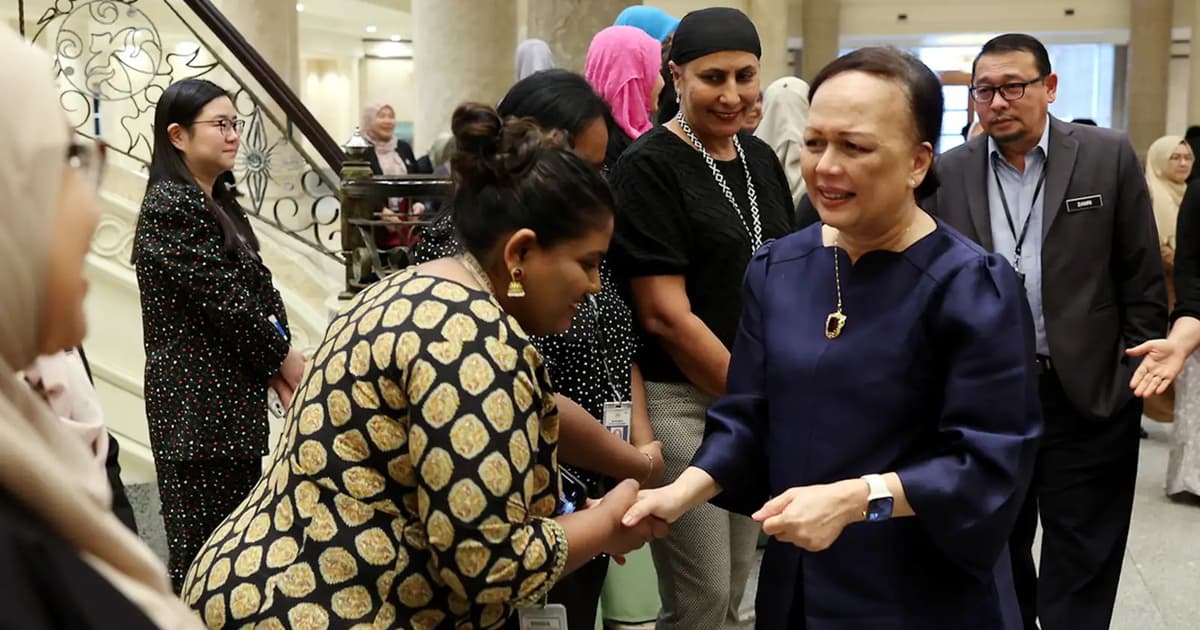
The eight-week timeline set for judges to provide written grounds for their rulings should be maintained despite complaints about the high volume of cases they are saddled with, says outgoing Chief Judge of Malaya Hasnah Hashim.
“I think eight weeks is doable,” she said when asked if the current practice direction should be reviewed to allow judges more time to complete the task.
A perennial concern within the legal fraternity is the difficulty some trial judges face in furnishing written judgments within the prescribed time, calculated from the date a notice of appeal is filed, delaying the appeal process.
Hasnah said the backlog of appeals in 2009 was quite staggering, but judges have managed to meet the deadline through better case management.
“So, it’s a matter of how we want to train the judges, and also for the Bar as well to work with us,” the retiring judge said in a media interview on her final day in the office.
Hasnah, who assumed the office a year ago, advised judges who find the eight-week deadline unmanageable to rearrange their lifestyle.
She said she had issued a practice direction recently on the preparation of written judgments.
“For interlocutory and short proceedings, just follow the format. We also encourage our High Court judges to write shorter judgments,” she said.
As only the third woman to helm the High Court of Malaya, Hasnah, a mother to three daughters, expressed mixed emotions as her judicial career drew to a close – sadness at leaving the bench, but also happiness and relief as she steps into a new chapter of life.
“Part one was working. Part two will be something different, hopefully, Inshallah,” she said, adding that she hopes to be allowed to train judges.
Hasnah said she never aspired to hold the post but, given the responsibility, put her best foot forward despite the short tenure.
“I wish it could have been longer but that’s not possible,” she said, adding that she hopes her successor will build on her work.
Hasnah began her career in the judicial and legal service on Aug 1, 1983, serving as legal adviser to the housing and local government, telecommunications and post, and the works ministries.
In 2009, she was made director-general of the insolvency department, and later chief registrar of the Federal Court.
She was appointed a judicial commissioner in 2010, and was made a High Court judge two years later. She was promoted to the Court of Appeal in 2016, and the Federal Court in 2019.






